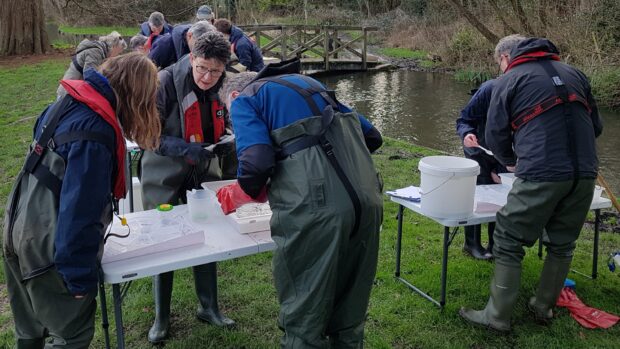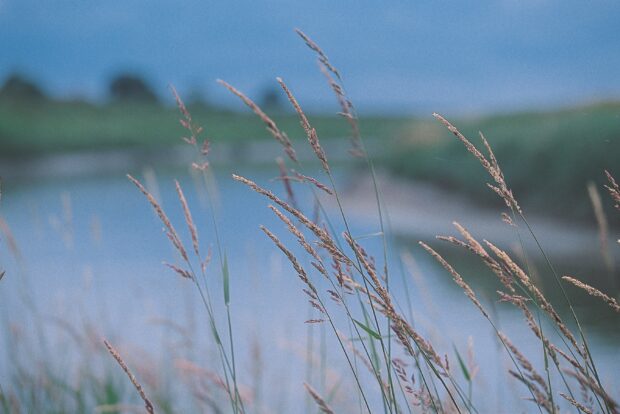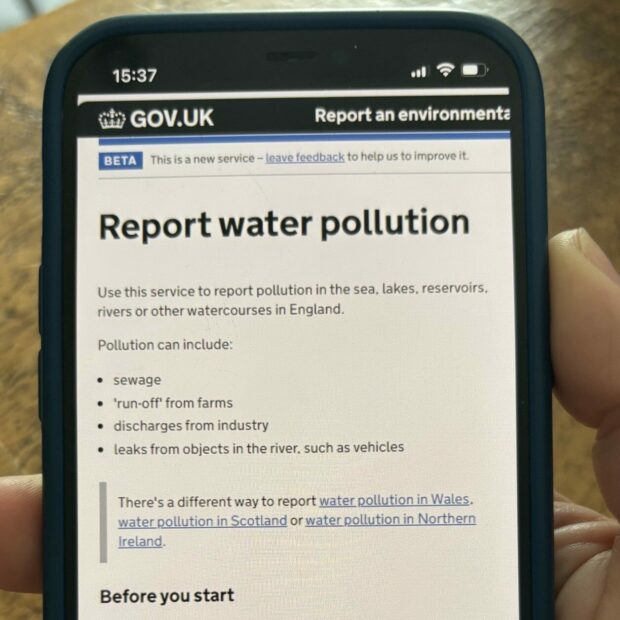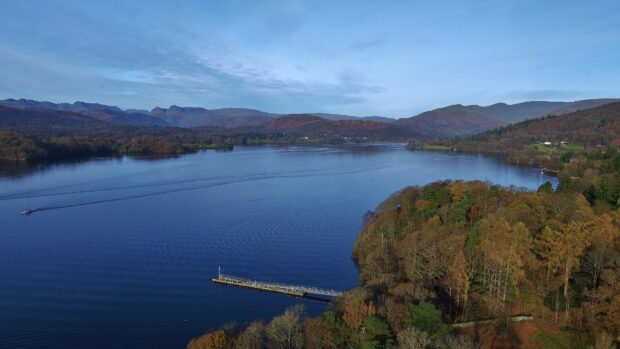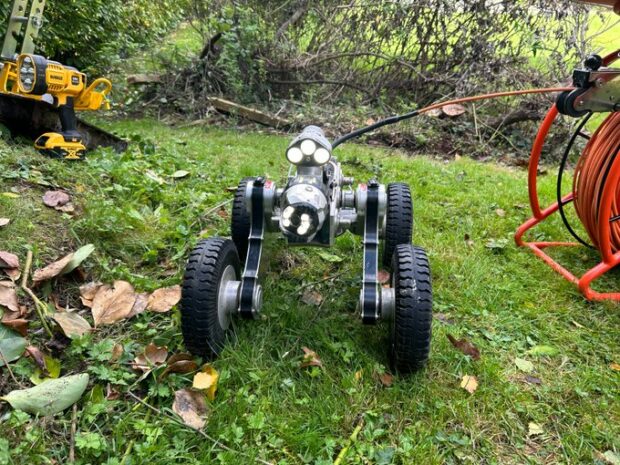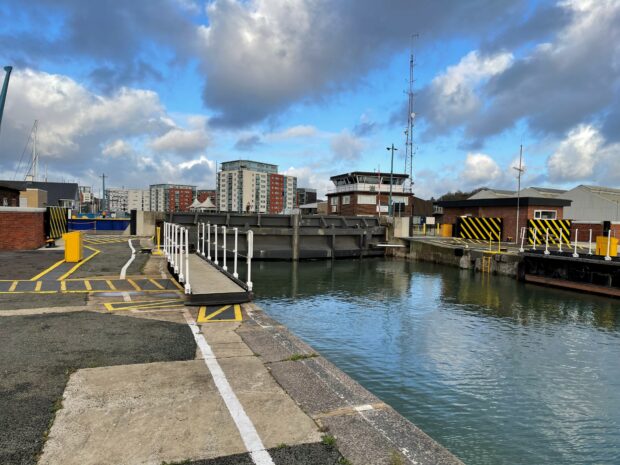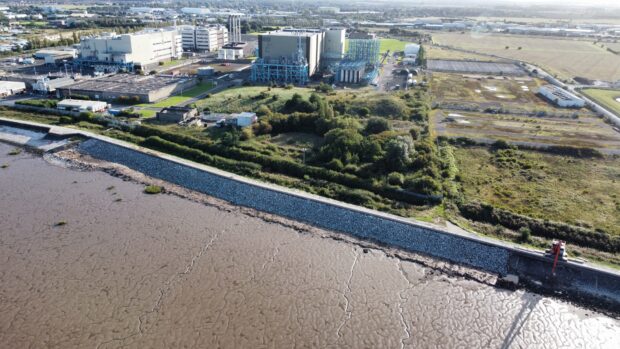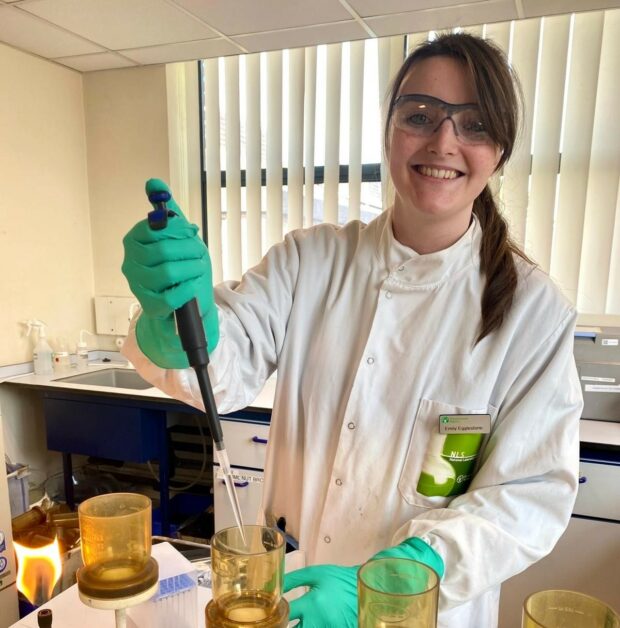The Environment Agency is working with partners to develop tools, guidance and frameworks to support a standardised and connected approach to citizen science monitoring of the water environment. The Citizen Science Technical Advisory Framework Last year, we shared how the …
Work continues on our largest ever criminal investigation, to date, into potential breaches of environmental permit conditions by all water and sewerage companies discharging into English waters. The extent of potential non-compliance involves more than 2,200 wastewater treatment works. To …
We’re piloting a new digital service to provide more ways for the public to report environmental problems. Public reporting of water pollution, odours, flooding or wildlife concerns is an important way that we are alerted to environmental incidents. Our national …
Today we are looking at misleading coverage of BBC’s reporting on United Utilities’ permit breaches at Glebe Road Pumping Station, Lake Windermere.
It’s Flood Action Week so we’re showcasing the great work of our field teams in Hampshire and Sussex. These teams play a vital role reducing the risk of flooding to communities in the south east of England. In Hampshire and …
It’s unlikely that you’d set off on a long car journey without filling up your car, or leave the house for the day without charging your phone. Without adequate preparation, many parts of our everyday lives wouldn’t be possible. So …
Summer is ending and you may be tempted to go for a swim in the river instead of the sea for a change, with just under half of the new bathing water sites announced this year being in rivers. So …
In 2018, the Environment Agency commissioned the Ipswich Tidal Barrier, a critical infrastructure project costing nearly £70 million. Six years on, the Suffolk Asset Performance Team tell us what has happened since. The Ipswich Tidal Barrier consists of a 200-tonne …
Mark Adams from the Partnerships and Strategic Overview coastal team talks about progress on strengthening flood defences in North East Lincolnshire. Last year our team began work on a three-year project to improve 4.5km of coastal defences between the Ports …
There are more than 450 designated bathing waters across England. The Environment Agency is responsible for monitoring, improving, and maintaining water quality at all designated bathing waters. Importantly, designation also means that information is provided to the public to help …
